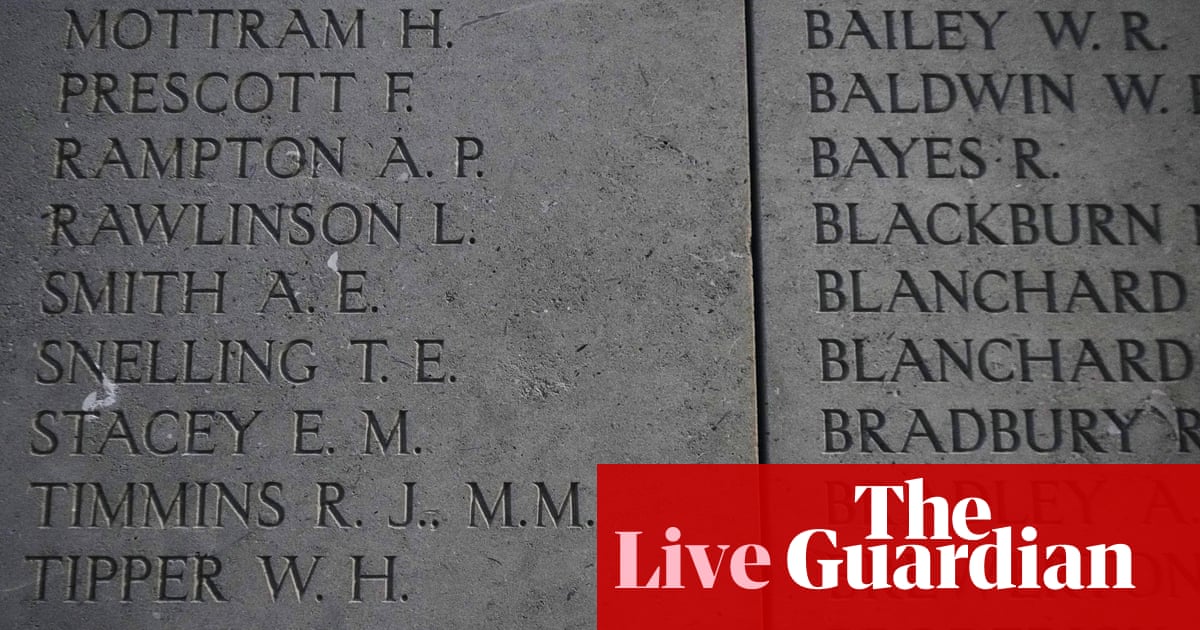Phillip Inman’s focus on pension tax relief does highlight areas where savings might be made in the long term – but there are no quick fixes (Reeves’s £50bn problem solved: stop splashing it in pension tax relief, theguardian.com, 6 September). Moreover, his proposals would probably disproportionately impact public sector workers because of their membership of defined benefit pension schemes.
A significant reduction of the tax-free cash payment may deliver some savings from such schemes. According to figures on Dan Neidle’s Tax Policy Associates website – capping the benefit at £100k might save £5bn – a sum that might usefully offset a few weeks of government debt interest payments each year.
But the issue of making savings from moderating tax relief on pension contributions is much less straightforward – particularly for large unfunded schemes where the pension contributions are generally used to cover the costs of pensions in payment.
By way of example, according to a recent publication from the NHS Business Service Authority, the NHS pension scheme paid out around £18bn to pensioners in 2024-25 – the majority of which was covered from employer contributions (about £16bn). Sometimes such schemes have surplus cash – which can be returned to the exchequer, but of course in years when there is a deficit, the exchequer would have to provide further support to cover the pensions in payment.
Changes to tax relief would, over time, probably make an impact on the rate of increase of overall pension liabilities. But in the immediate term it is a zero-sum game, because the taxpayer covers the whole costs of contributions and meets any additional unexpected liabilities.
Then of course we have to consider human responses to proposed tax changes. Some higher-rate tax-paying “boomers” fortunate enough to have a public sector pension might simply decide to retire and draw on their pension – behaviour that would not necessarily benefit the exchequer or the operational effectiveness of public services on which most of us rely.
Prof Stephen Caddick
Worthing, West Sussex

 2 months ago
47
2 months ago
47

















































